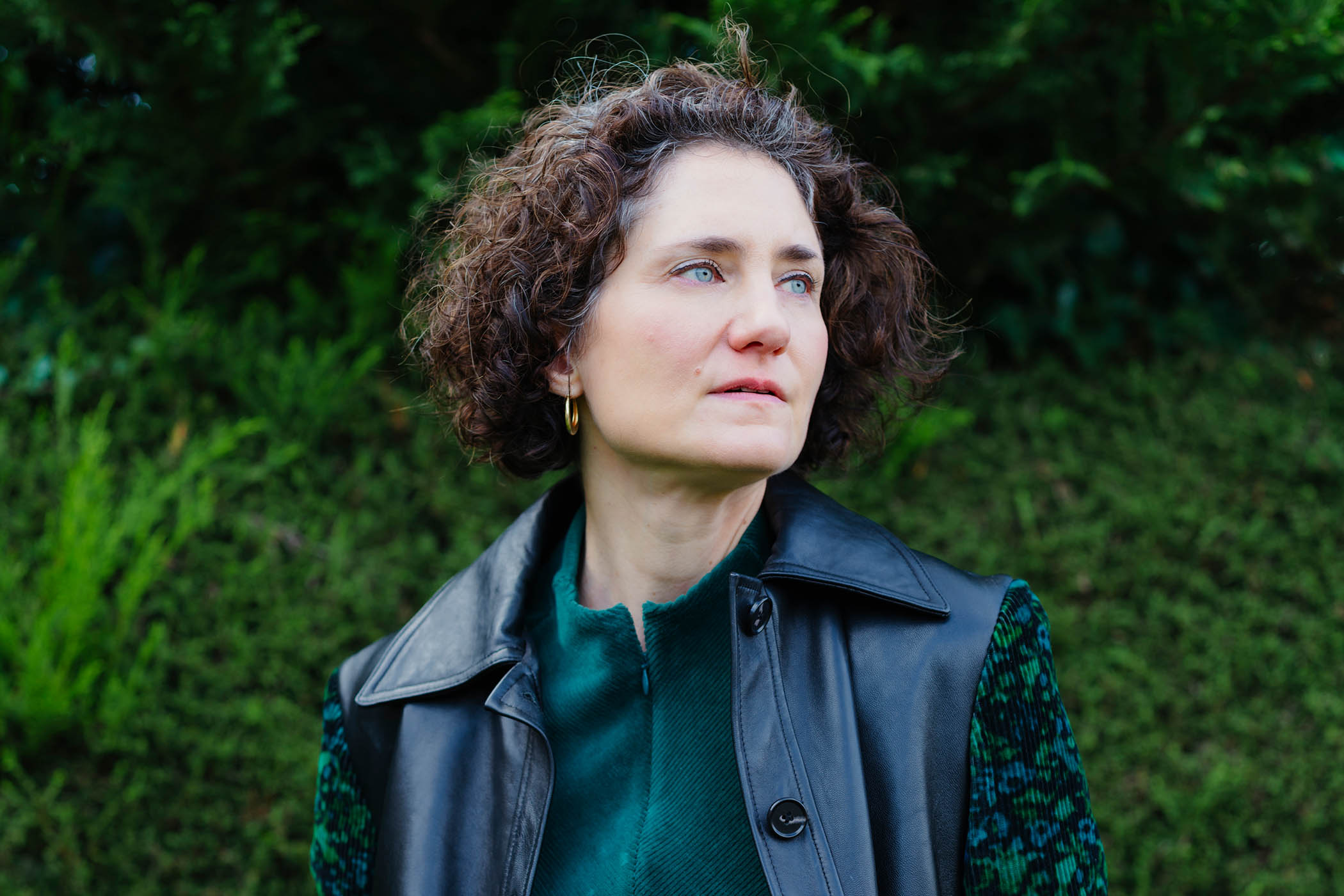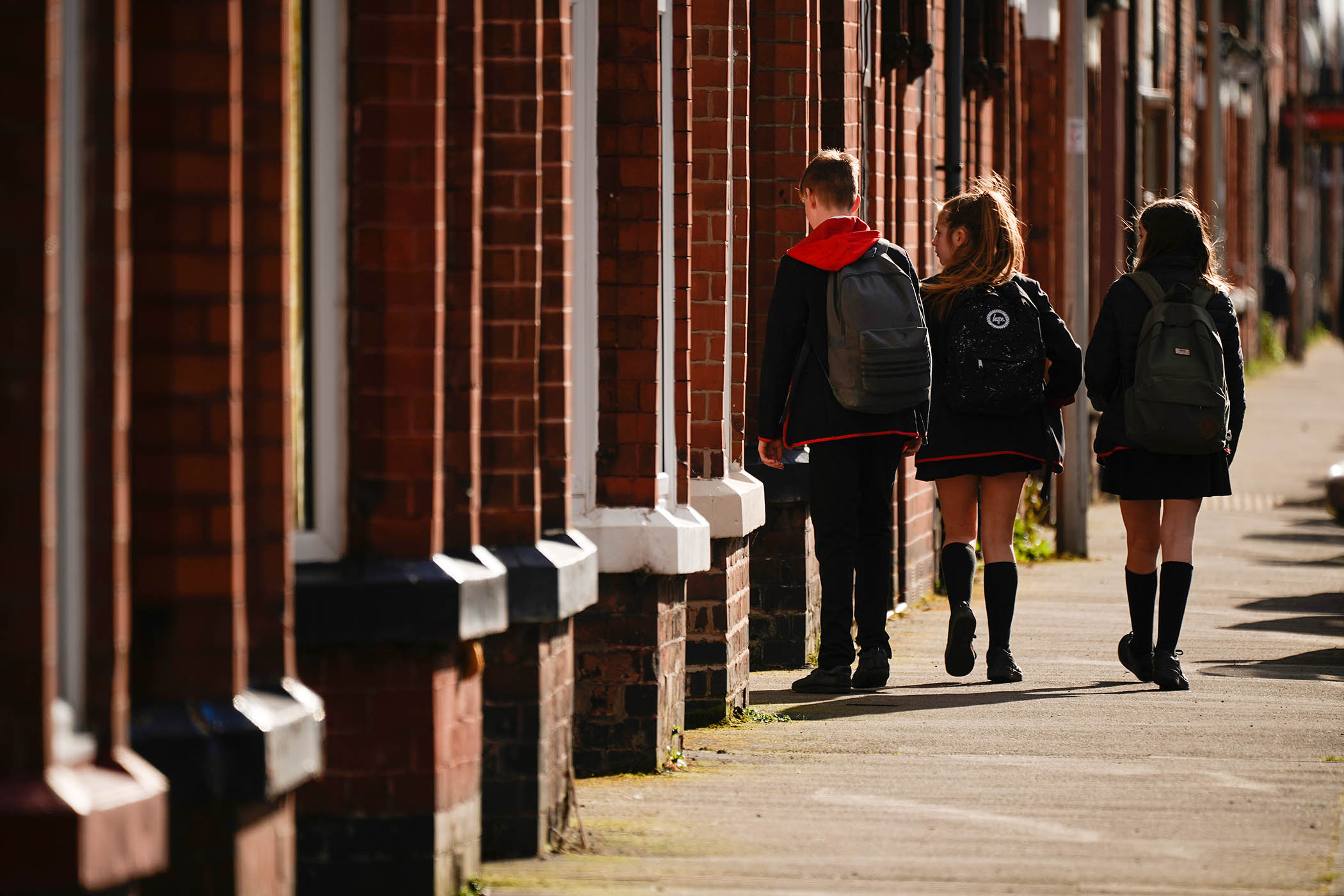Vaccination rates are tumbling across the world, putting millions of children at risk of easily preventable diseases, according to a new landmark study.
So what?
Until recently, low vaccination coverage was seen as an issue affecting poor parts of the world. Now it is impacting rich countries, too. This is owing to a combination of connected factors, including:
• a lack of resources
• Covid-19
• rising vaccine hesitancy
Lofty aims
In 1974 the World Health Organization rolled out an ambitious programme to reach every child with six essential jabs, for polio, measles and other diseases. It was a remarkable success: the lives of roughly 154 million children were saved, mostly from measles, as the global coverage rate for the essential vaccines nearly doubled between 1980 and 2023.
Stalled
Recently, however, progress has slowed. The study, published in the Lancet, shows essential coverage has been in steady decline for a decade. This trend has accelerated sharply since the Covid pandemic.
Newsletters
Choose the newsletters you want to receive
View more
For information about how The Observer protects your data, read our Privacy Policy
Take measles. The disease is so contagious that 95% of people need to be jabbed to achieve herd immunity. But between 2015 and 2023, the proportion of children receiving the second dose fell from:
• 95% to 85% in Thailand
• 89% to 85% in the UK
• 86% to 79% in Canada
As a result, measles is on the march. Cases rose by 67% between 2015 and 2024.
The Covid effect
The pandemic was brought to heel by the rapid mass rollout of new vaccines, preventing about 450,000 deaths in the UK alone. Yet this came at the cost of reducing public confidence in other jabs, and disrupting their rollout as:
• supply chain turmoil and lockdowns hindered government immunisation programmes, especially in parts of Africa and Asia • scarce resources were diverted away from routine jabs
• conspiracy theories spread about alleged malign effects of Covid jabs
Hesitancy
False rumours that circulated on social media during Covid claimed the vaccines either:
• altered people’s DNA
• involved the insertion of microchip trackers into their arms
• killed participants in clinical trials
The claims hit perceptions of other, accepted vaccines. Unpopular Covid jab mandates in places such as Indonesia, Ecuador and Italy may have also fuelled public resistance to routine vaccinations. The same goes for minor yet widely publicised risks associated with some Covid jabs, such as Pfizer’s and Moderna’s, which were linked to rare cases of heart inflammation.
Damage done
In 2019, 90% of UK adults saw vaccines as safe and effective, according to the London School of Hygiene and Tropical Medicine.
That dropped to 70% in 2023. It’s a worldwide trend: confidence in vaccines dropped in 52 out of 55 countries recently studied by the UN children’s agency (Unicef), tumbling by more than a third in Croatia, Korea, Ghana and elsewhere.
Some history
Vaccine scepticism is not new. The Victorian era had an anti-vaxx movement that claimed compulsory smallpox immunisations poisoned babies. The concerns triggered rioting in Leicester in 1885. More than a century later, in 1998, the disgraced doctor Andrew Wakefield falsely claimed that the measles vaccine caused autism, causing take-up to temporarily slump.
Turbocharged
In the era of social media, such claims have moved from the fringe to the mainstream. The most extreme manifestation of this is Donald Trump appointing Robert F Kennedy Jr, a longtime anti-vaccine campaigner, as his health secretary. The conspiracy theories he has promoted include:
• the belief that childhood vaccines cause autism, a claim that has been comprehensively debunked
• rejecting the well-established fact that HIV causes Aids
• connecting antidepressants to school shootings
• the idea that Jewish and Chinese people are most immune to Covid
Overhaul
Last month, Kennedy fired all 17 members of the Committee on Immunization Practices, which advises the US government on vaccine policy. In their place, he appointed several vaccine sceptics, including a new chairman who has said he sees the label “anti-vaxxer” as “high praise”.
Kennedy has instructed the new panel to weigh up the effects of all the vaccines administered to American children, casting official doubt on well-established science.
The panel has already voted to stop recommending flu jabs containing thimerosal, a preservative containing mercury that was removed from most vaccines a decade ago. Kennedy has long insisted thimerosal is “neurotoxic” and harmful to pregnant women and children, a claim dismissed by dozens of scientific studies.
Meanwhile
Other parts of the world are struggling to get needles into the arms of young children. The number of unvaccinated children fell from 58.8 million in 1980 to 14.7 million in 2019, even as the global population almost doubled. It is now rising again. Why? In addition to Covid-fuelled disruptions and distrust, one big reason is poverty. Many health services still struggle to buy, store, transport and administer the cheapest jabs – a complex process requiring trained medical professionals, cold storage facilities and good logistics.
Another factor is conflict, which breaks down intricate health systems, uproots families and blocks nurses from going out into communities. Countries beset by violence, such as Afghanistan and Ethiopia, have all seen measles outbreaks in recent years.
Horizons
Several infectious diseases are making a comeback, from tuberculous to cholera. Aid cuts could entrench this trend. The US once provided 40% of humanitarian funds, but has slashed nearly all of it. A US-funded project in Ethiopia to transport vaccines to rural clinics, for example, was suspended this year. Trump is also considering cutting US funding for the Global Vaccine Alliance (Gavi), which has helped immunise 1.1 billion children globally in the last 25 years. Last month, the UK scaled back its support for Gavi by 40%.
Case study
The story of smallpox shows how effective vaccines are. For thousands of years, the disease ravaged populations, but it was eradicated in 1980 through smart immunisation strategies. What’s more, that campaign was spearheaded by the US. New leadership is needed if the world is not to sacrifice the hard-won gains of vaccines.
Photograph by Chris Koldoy/Getty Images



